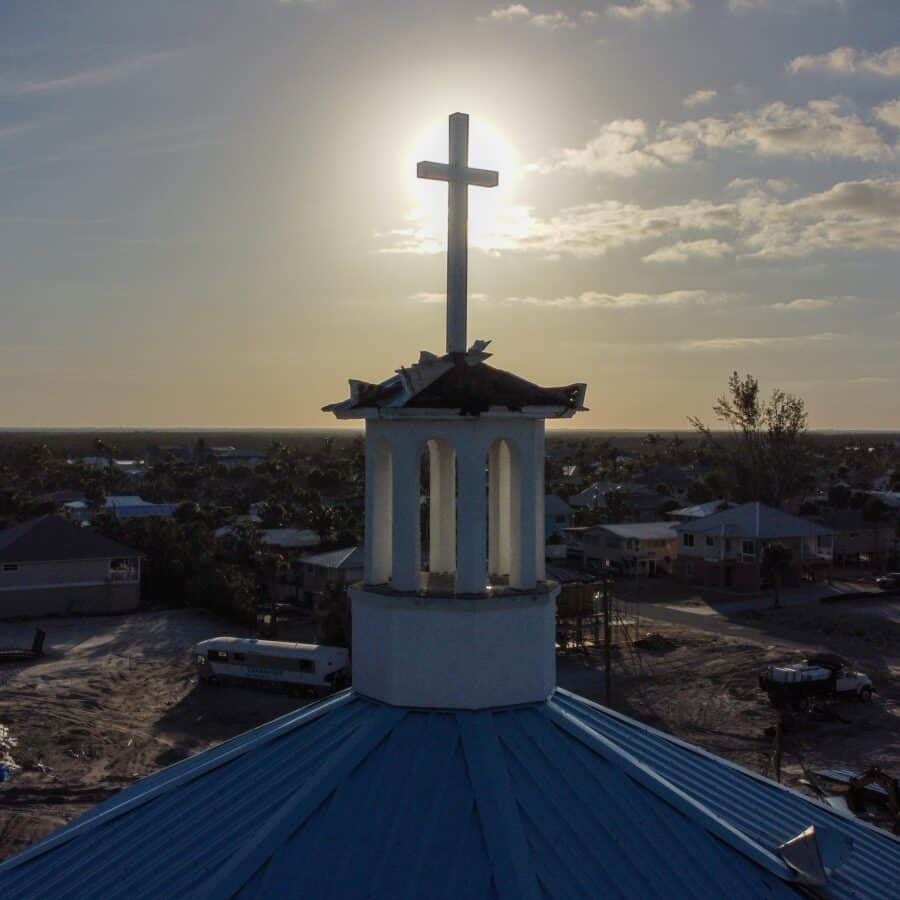Over the years, Catholic Churches have drawn most of the accusations that officials didn’t do enough to protect young people from sexual abuse, but more open discussions on the topic have revealed that other denominations have suffered the same accusations. An investigative series by the Houston Chronicle and the San Antonio Express-News documented 700 cases of sexual abuse at Southern Baptist churches, finding at least 35 church leaders and volunteers filling jobs, despite exhibiting predatory behavior.
One key legal issue is determining the responsibility of umbrella religious organizations when those churches under its umbrella fail to protect children from abuse. “If it’s one small church under the umbrella of a bigger church, whose problem is it?” asked Newsome Melton paralegal Lara Sucharski. “Who’s ultimately responsible for putting the procedures in place to prevent these types of things from happening?”
The case of a Eustis, FL boy revealed that it’s not just the responsibility of the small church. Living with his grandmother and short of a strong father figure, this boy (C.E. according to court records) began attending Triangle Community Church in Lake County. At the age of 11, church pastor Douglas Myers befriended him. Two years later, he began sexually abusing him.
Myers had “planted” or started the church as part of the Florida Baptist Convention (FBC). FBC chose Myers to seed new churches around the country. An investigation revealed that while FBC did perform a background check on Meyers, it failed to call his previous employers – churches in Maryland and Alabama. Had FBC done so, it would have learned of his questionable, red-flag raising behavior with children, including leading skinny-dipping trips. Quite simply, a few phone calls would have revealed that he was a problem and had no business being alone around children.
According to Ms. Sucharski who assisted in the trial of this matter, churches often receive a level of trust that they need to live up to. Calling a prior employer is “pretty basic” Sucharski said. “He wasn’t applying for a position in a mail room. There should be an elevated process when an employee will be interacting with kids.” For the six months that Myers abused him, “he told me it was a normal part of growing up,” the youth testified. “He told me he had done it with plenty of other kids at other churches.”
In 2007, Myers pled guilty and was sentenced to prison. (He was later convicted of abusing children at a previous church in Calvert County, Md., and sentenced to more time.)
But the Florida case was not really over. Now grown, the boy and his mother filed a lawsuit against FBC for not doing a better job checking Myers’ background. FBC argued Myers wasn’t their employee and they didn’t control him, so they weren’t responsible for his actions. In 2014 a jury disagreed, finding FBC liable for $12.5 million in damages. (The case was later settled for an undisclosed amount.)
Public attention and civil lawsuits have motivated churches to set up better checks and balances like carefully vetting and overseeing employees.
The Survivors Network of those Abused by Priests has set up a website for Baptist victims called StopBaptistPredators.org.
If you have questions about this topic or need assistance filing a sexual abuse claim, Newsome Melton can help. Contact us at 1-888-380-2809.


